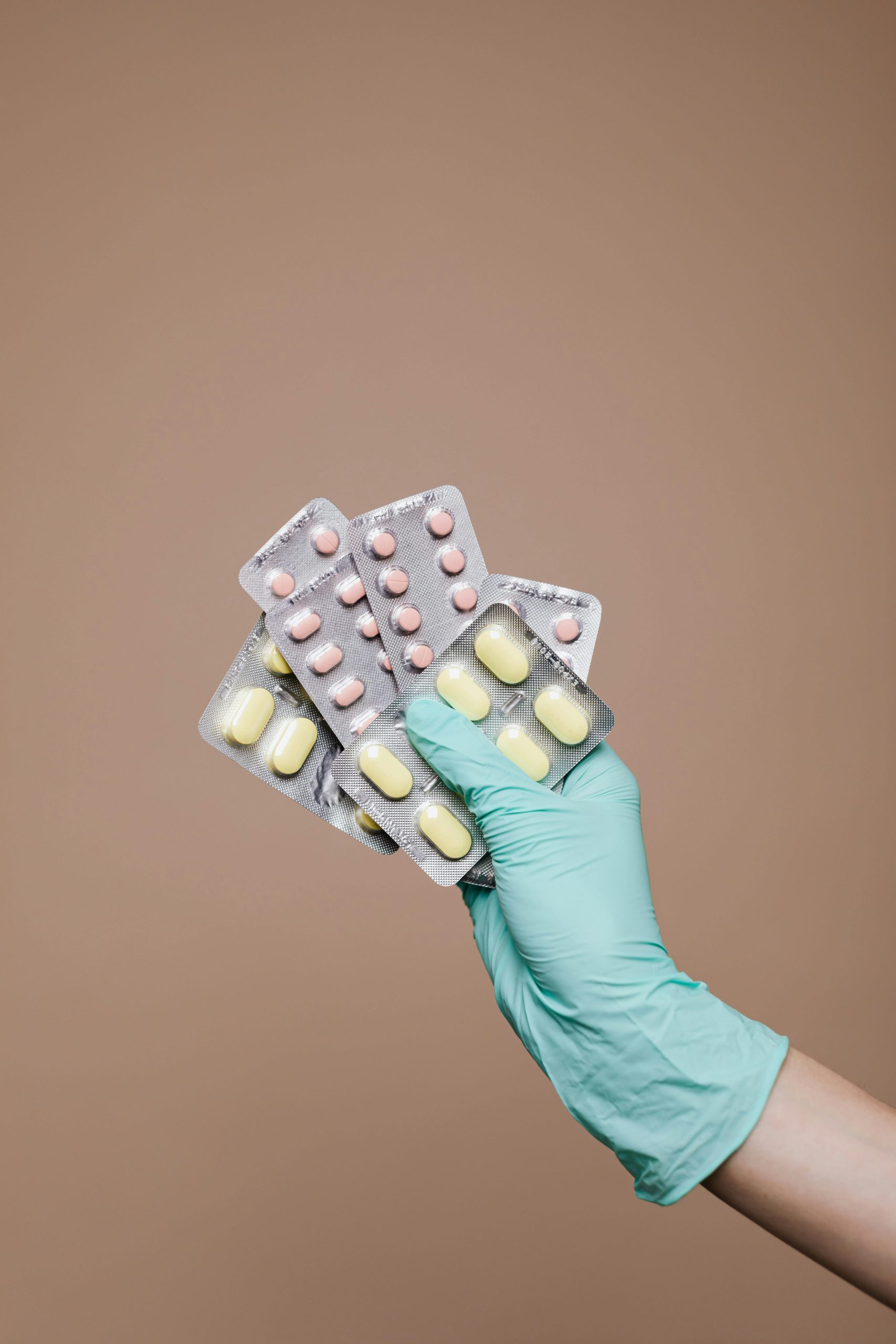What is Prescription Drug Addiction?
Prescription drug addiction is a complex issue involving the misuse of medication doctors prescribe. The addictive potential of these drugs lies in their ability to alter brain chemistry, particularly the dopamine system associated with pleasure and reward. It’s important to distinguish between drug dependence, a physical adaptation to the drug, and addiction, which involves a compulsion to seek and use the drug despite harmful consequences.
Common Types of Prescription Medications That Lead to Addiction
Several types of prescription medications are commonly associated with addiction due to their effects on the body and mind. These medications are typically prescribed for legitimate medical reasons but can lead to dependence and addiction when misused.
Opioids
- Oxycodone (OxyContin)
- Hydrocodone (Vicodin)
- Morphine
- Fentanyl
Benzodiazepines
Benzodiazepines, or “benzos,” are used to treat anxiety and sleep disorders. They can lead to physical dependence and withdrawal symptoms. Common benzodiazepines include:
- Alprazolam (Xanax)
- Diazepam (Valium)
- Lorazepam (Ativan)
Stimulants
Stimulants are used for treating conditions like attention deficit hyperactivity disorder (ADHD). When misused, they can lead to a pattern of addiction. Common stimulants include:
- Methylphenidate (Ritalin, Concerta)
- Amphetamines (Adderall)
Barbiturates
Barbiturates are prescribed for seizures and anxiety. They have a high risk of addiction, and can lead to severe withdrawal symptoms. Common barbiturates include:
- Phenobarbital
- Secobarbital (Seconal)
- Amobarbital (Amytal)
Seeking Help for Overcoming Prescription Drug Addiction

Physical Consequences of Prescription Drug Addiction
Prescription drug addiction can lead to a multitude of health problems, each varying depending on the type of drug abused. According to a report by the National Institute on Drug Abuse, these can include:
Cardiovascular Complications
Respiratory Issues
Neurological Problems
Prescription drug abuse can lead to various neurological issues. These can include seizures, especially with the misuse of prescription drugs like tramadol and certain antidepressants. Chronic headaches are also common among individuals misusing prescription drugs.
Gastrointestinal Issues
Opioids can cause severe constipation and other digestive problems. Over time, this can lead to serious health issues such as bowel obstruction or perforation.
Malnutrition
Increased Risk of Infectious Diseases
Unsafe practices associated with prescription drug misuse, such as needle sharing among those who inject drugs, can increase the risk of infectious diseases like HIV and Hepatitis C.
Each physical consequence underscores the importance of seeking help for prescription drug addiction. With the right treatment and support, you can manage these effects, in many cases, reversed.
Read About: Signs, Symptoms & Causes of Prescription Drug Addiction

Safe and Supportive Environment for Your Recovery Journey
Our luxury facility offers comfortable accommodations and essential amenities, including a pool and hot tub, creating a home-like atmosphere. Our caring staff, many with personal recovery experience, provide 24/7 support throughout your healing process at our Woodland Hills location.
Psychological Impact of Prescription Drug Addiction
Treatment Approaches for Prescription Drug Addiction
Treatment for prescription drug addiction often begins with detoxification, followed by either inpatient or outpatient treatment programs. Cognitive-behavioral therapy (CBT) and Contingency Management are commonly used treatment methods. Therapeutic communities also provide a supportive environment for recovery.
The Use of Medication in Treating Prescription Drug Addiction

Frequently Asked Questions About Prescription Drug Recovery in Milford, New Jersey
How Long Does Prescription Drug Recovery Treatment Usually Last?
What Types of Prescription Drugs Are Most Commonly Treated?
What Happens During Prescription Drug Detox?
Is Insurance Accepted for Prescription Drug Recovery Treatment?
What Therapies Are Used in Prescription Drug Recovery?
Can Family Members Be Involved in the Recovery Process?
Family involvement is essential for successful recovery. We offer family therapy sessions, educational workshops, and support groups for loved ones. Our Milford program helps families understand addiction, improve communication, and learn how to support their loved one’s recovery journey. Regular family participation strengthens the recovery process and builds healthier relationships.
What Aftercare Support Is Available Post-Treatment?
The Crucial Role of Aftercare in Recovery
Aftercare is a critical component of a comprehensive approach to addiction treatment. It can include ongoing therapy, participation in support groups like Narcotics Anonymous, lifestyle modifications, and the support of family and friends.



